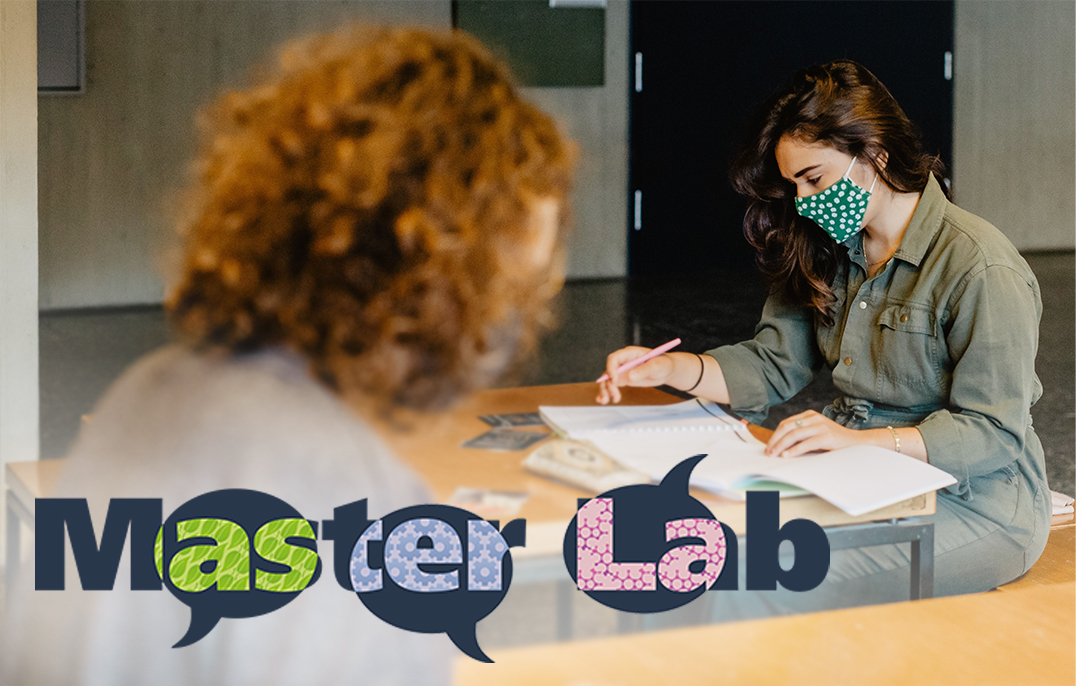News & Press
Taking Your Idea to the Lab
In the livMatS Master Lab, students work independently on research questions

On October 27, 2020, the livMatS Master Lab 2021 started with a kick-off event. Prof. Jürgen Rühe vom the Cluster’s spokespersons team welcomed five master students from different disciplines to the new livMatS Master lab, who passed a selection process and got accepted into the program. They will work in the winter semester 2020/21 on research topics in the fields of chemistry, microsystems technology, sustainable materials, philosophy and psychology under the supervision of a researcher from the cluster. This marks the second round of the program, which took place for the first time as livMatS Master Lab Compact in the summer semester 2020.
Getting a Taste of Research
Its goal is for master students to actively participate in research in a cluster area. The program helps improve their problem-solving skills and prepare them for a future career in science. The cluster selected participants based on short, self-developed research ideas. They now have the opportunity to pursue these questions and develop their own agenda in the Master Lab. “They can test themselves in scientific work and learn the methods relevant to this”, says Graduate Coordinator Gregg Dubow, who coordinates the Master Lab. In this way, the program gives the students a whiff of research air and prepares them for the upcoming Master's thesis. But the students also benefit in other ways from the experience they gain in the program. “They get a foretaste of what it might be like to work on their own research question in a doctoral thesis.”
At the kick-off, the participants showed in flash talks, which research idea they are pursuing, and how they would like to proceed. The event also offered the students the opportunity to think beyond academic boundaries: Using mind-mapping, they were able to get to know the personal background of participants from completely different fields of science and find topics that connect them.
Versatile Opportunities
In order to familiarize students with livMatS research, Prof. Hans Zappe and Dr. Philipp Höfele gave short presentations that provided insights into engineering and philosophical research approaches, thus presenting two central disciplines of the cluster. “The Master Lab will enable students to delve even deeper into the research program. Opportunities for this include the lectures at the livMatS Colloquium and a Fall School of the Cluster, which students can attend”, says Dubow.
Students in the livMatS Master Lab will also have a wide range of other opportunities waiting for them: They will attend a course on interdisciplinary research competencies at the University of Freiburg and take part in soft skills offerings that are otherwise not accessible to them. There, students will learn, for example, how to design attractive scientific posters, what is important in scientific writing, or how to give attractive research talks. Participants can try out their newly acquired skills by submitting posters and essays on their research to the scientific supervisors. The program ends with a colloquium where students present the progress of their research and discuss it with the livMatS community.
